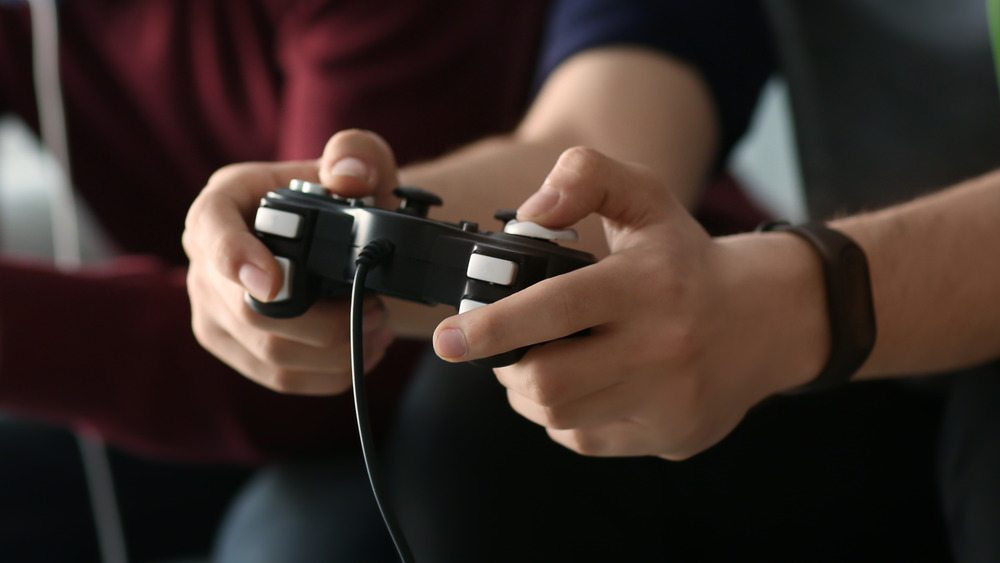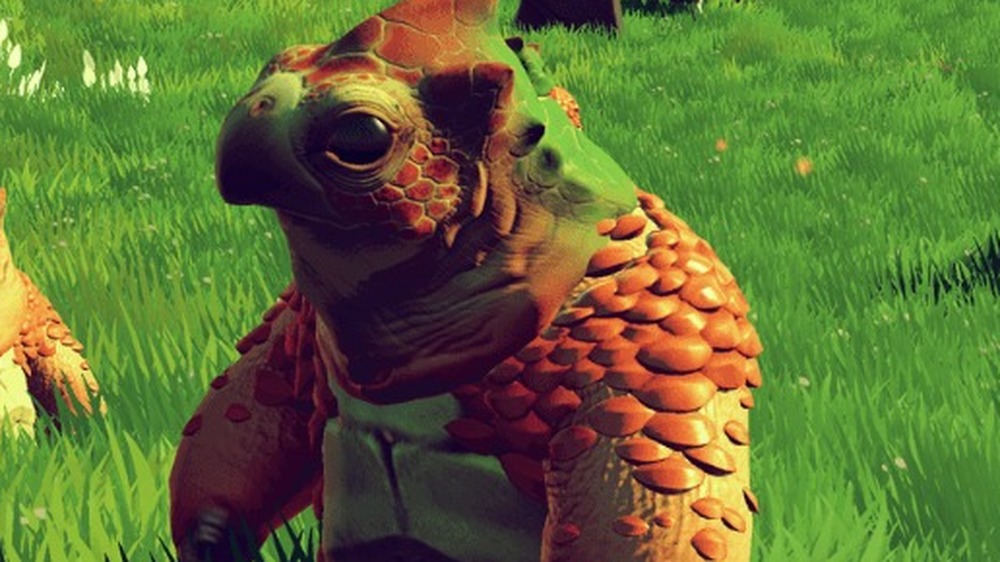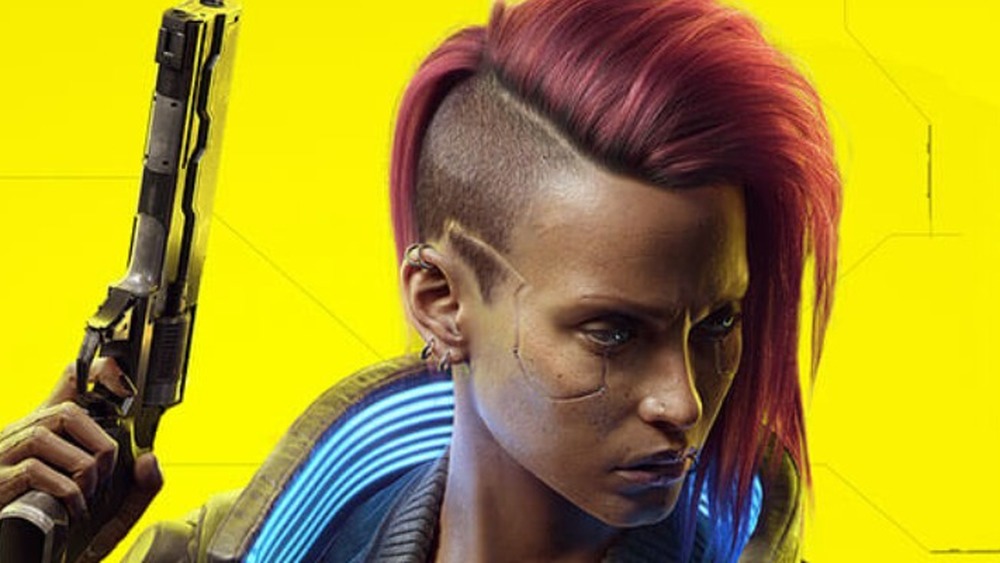You Should Probably Stop Pre-Ordering Video Games. Here's Why
The reasons for not pre-ordering games are as varied as people, but no matter what your gaming predilections, there's a solid argument that you shouldn't pre-order games. When a person pre-orders a game, a copy of that game is set aside for them on release day, guaranteeing that they receive the game. Stores do pre-orders for games as well as consoles, and PlayStation and Microsoft's online storefronts also allow players to pre-order games, and even preinstall them, before their release date. Having a sure copy of the latest and greatest games might sound appealing to some gamers, but there are many reasons why pre-ordering isn't what it used to be.
Social experiences involving gatekeeping in the gaming community can make specialized game stores feel intimidating or exclusionary, but there are also economic aspects of game-buying to consider when thinking of where you might want to get your new game, and how. Here are three reasons to consider not pre-ordering your next big game purchase.
The game might make promises it can't keep
Publishers promise a lot of things while developing games, but every charming feature and groundbreaking detail can't make it into the final cut. One of the best recent examples of this is No Man's Sky, an open world space exploration game from Hello Games. As No Man's Sky was in development, Hello Games explained that players would be exploring galaxies on their own, but with the possibility of running into other people playing the game at the same time. However, that didn't happen, nor did many of the other in-game features fans expected.
Hello Games has turned the No Man's Sky debacle around, rectifying many of its initial failures and listening to player feedback in order to make improvements. That being said, No Man's Sky is a very specific situation. Not all game developers have the time or money to continue work on their disappointing game for years beyond its release date. If you buy a game sight unseen via pre-order, it might not live up to your expectations, and you'll be left with the sixty-dollar bill.
Just get it digitally!
Obtaining a copy of a game isn't as difficult as it used to be, and we can thank the internet for that. Being able to buy games digitally allows players to get what they want, when they want it, bypassing the traditional supply and demand of brick and mortar storefronts. Without the express need to secure your own physical copy of a limited batch of games, pre-ordering seems like a thing of the past.
It's easy for anyone to log onto an online store, buy a digital copy of a game, and get started having fun. Of course, sometimes games get pulled from online retailers, but that doesn't mean that games that have already been purchased disappear, too.
Digital games aren't for everyone, but they certainly make up a significant portion of the market, with online sales breaking records and helping gamers get their fix without leaving the house.
Yes, games go on sale, too
If you're still thinking with your wallet, you might want to wait until new games go on sale. Pre-ordering a game means that you're guaranteed to pay full price for it, no matter how much you enjoy it. Games go on sale all the time, in different ways and for different reasons. Humble Bundle frequently sells games for a very discounted price, with most of the proceeds going to charity. Online game storefronts also sometimes offer games for free, but you have to have the patience to hold off on playing the latest and greatest games.
If you're willing to wait in order to score a deal, you might want to hold off on buying new games, including pre-ordering games, in order to see what sorts of sales happen in the coming months. Games often drastically reduce in price once they've been out for a little while, making pre-ordering unnecessary if you'd like to save a few bucks.
Whether you want to save money or see if a game lives up to the hype, pre-ordering doesn't help anyone except game companies. While pre-ordering does have some benefits, like being part of the cultural conversation about a game as soon as it's released, most of the time you're better off waiting a bit before snagging that new game.




